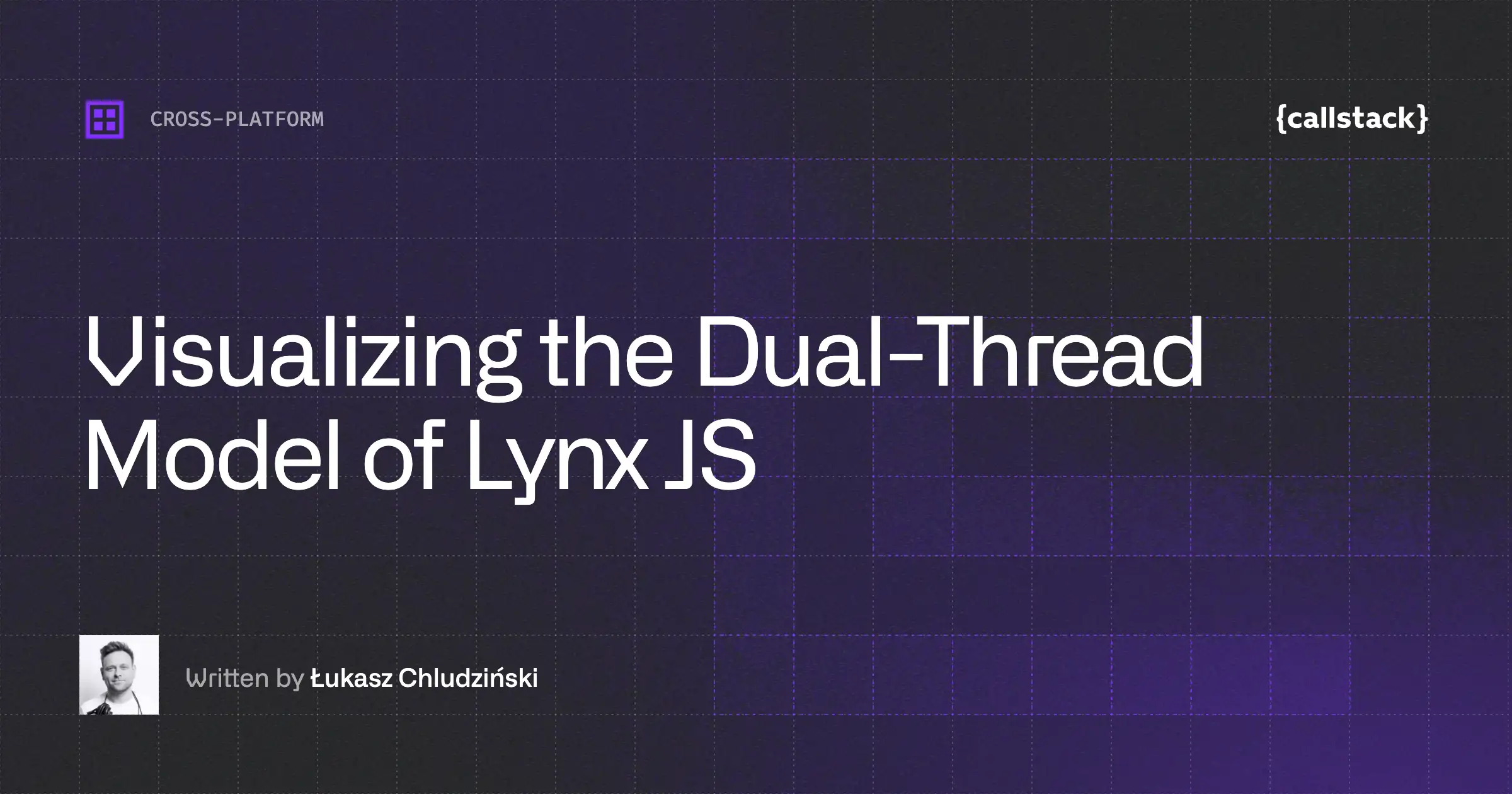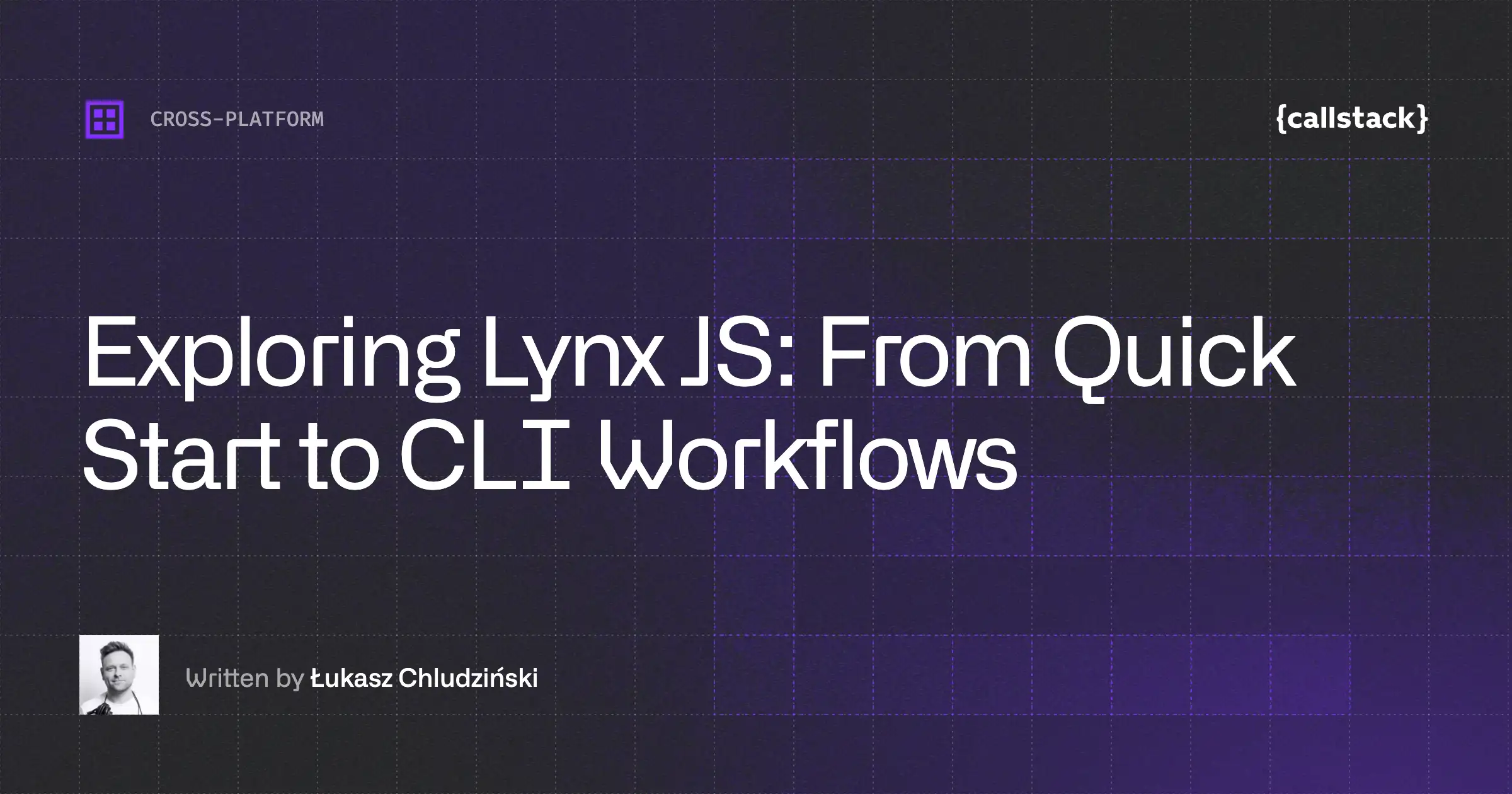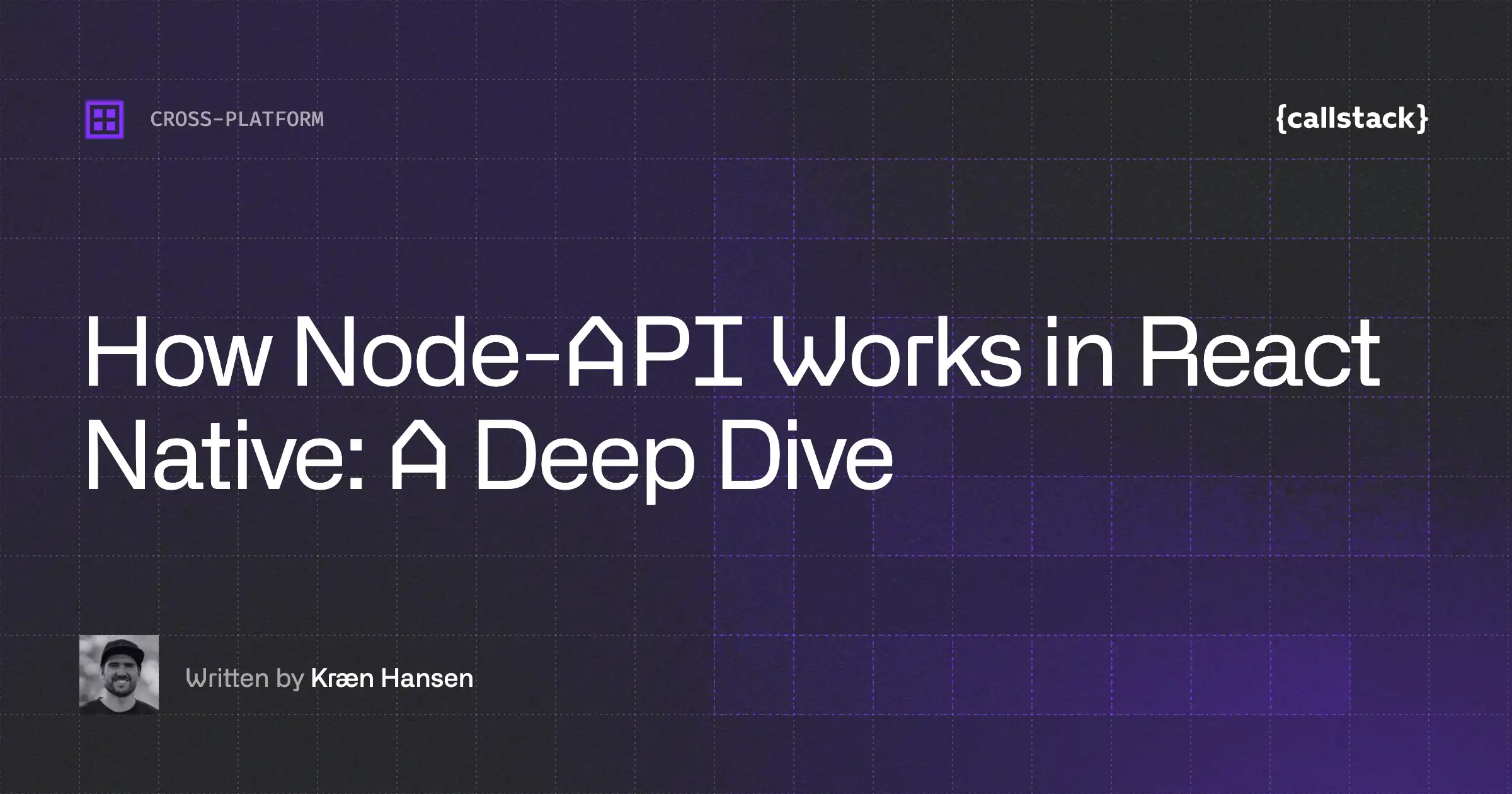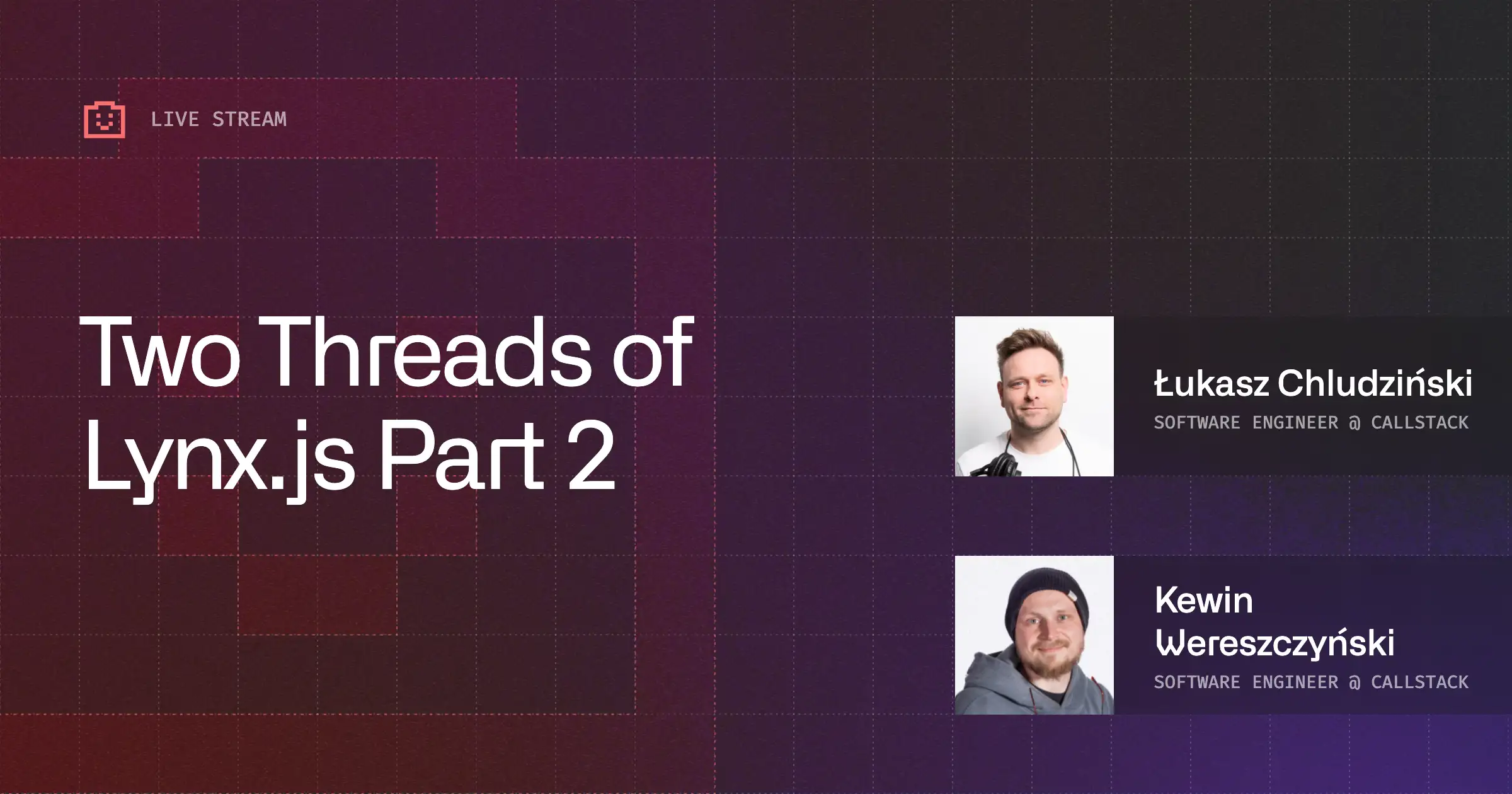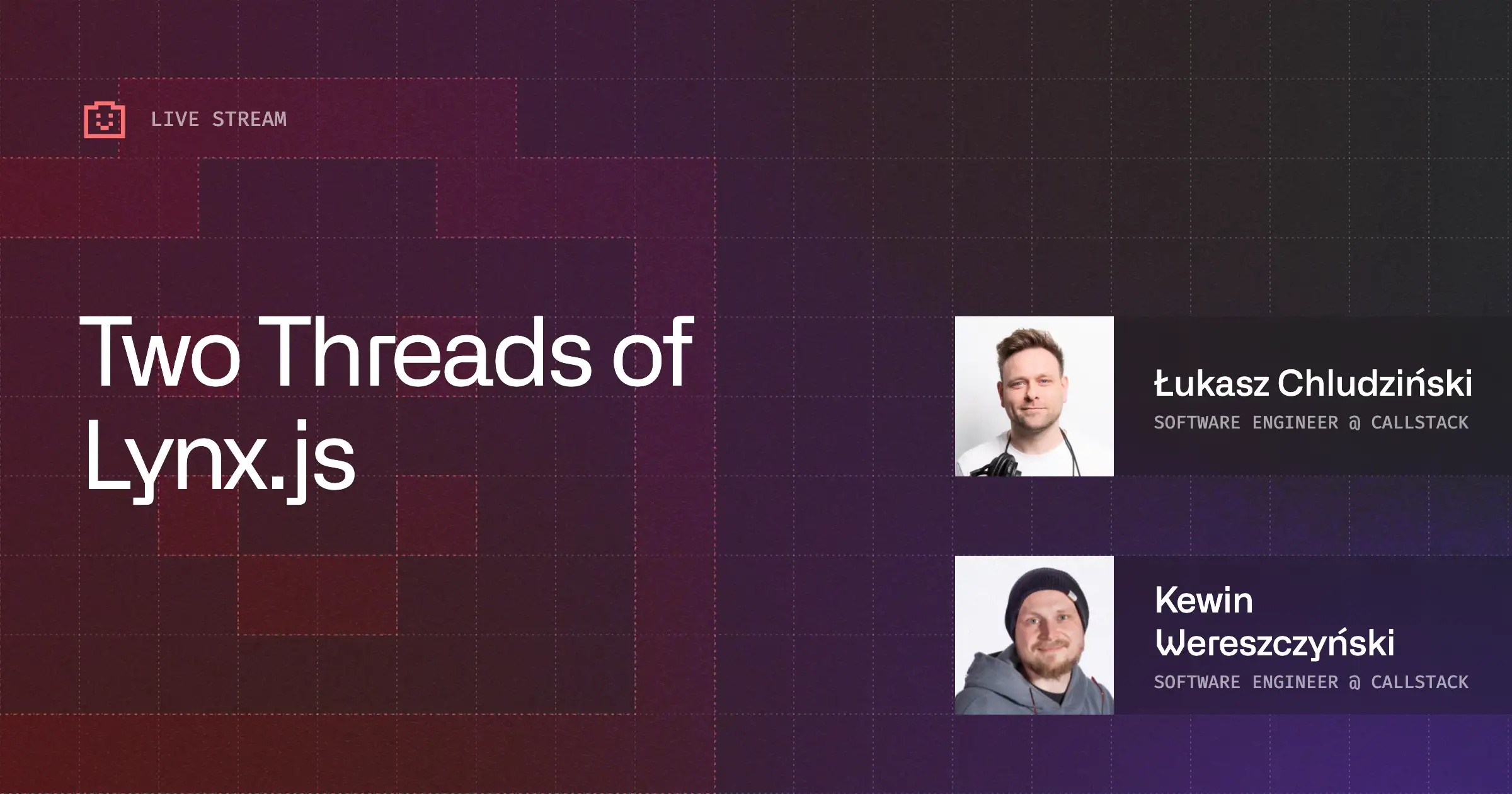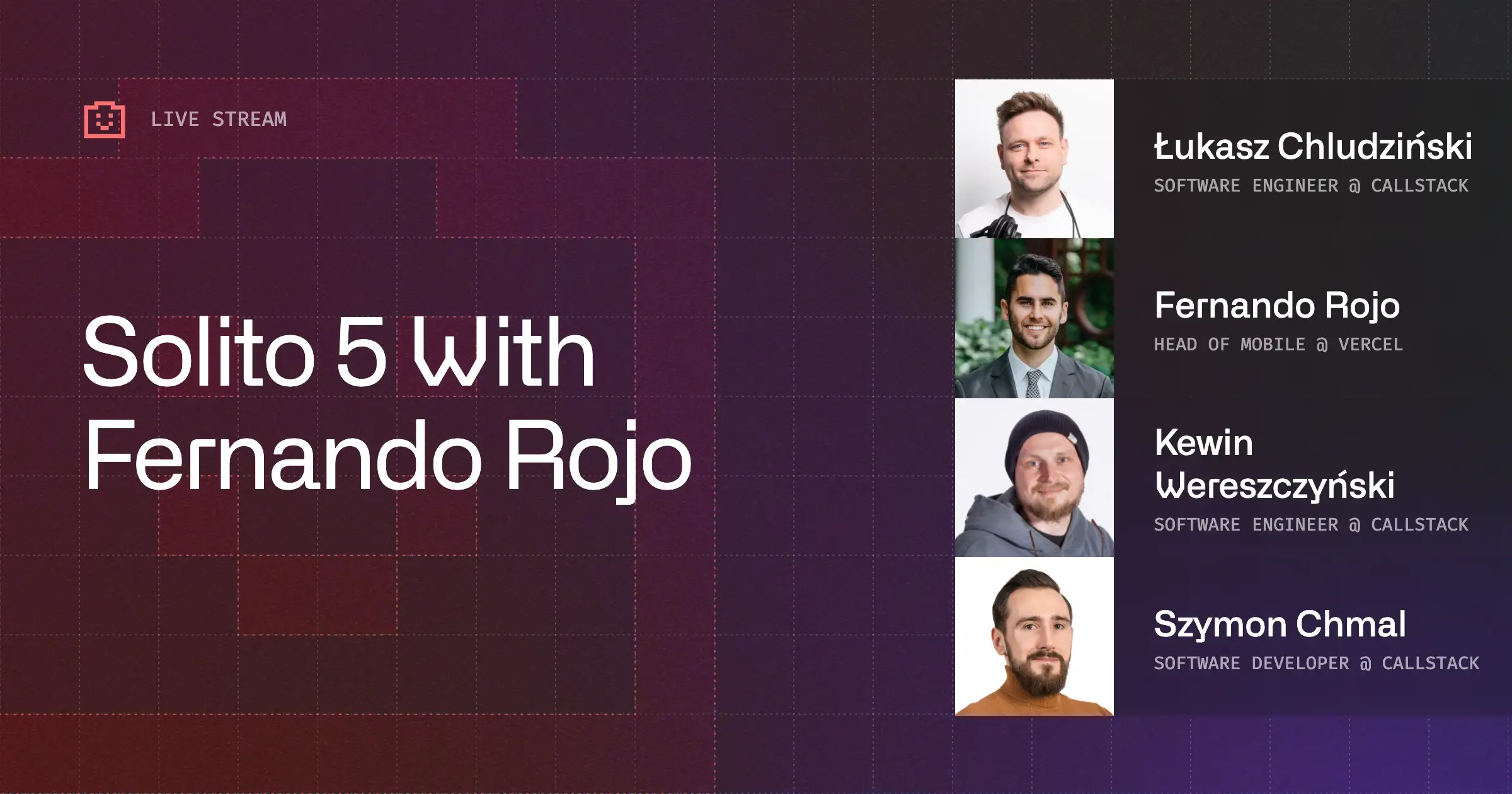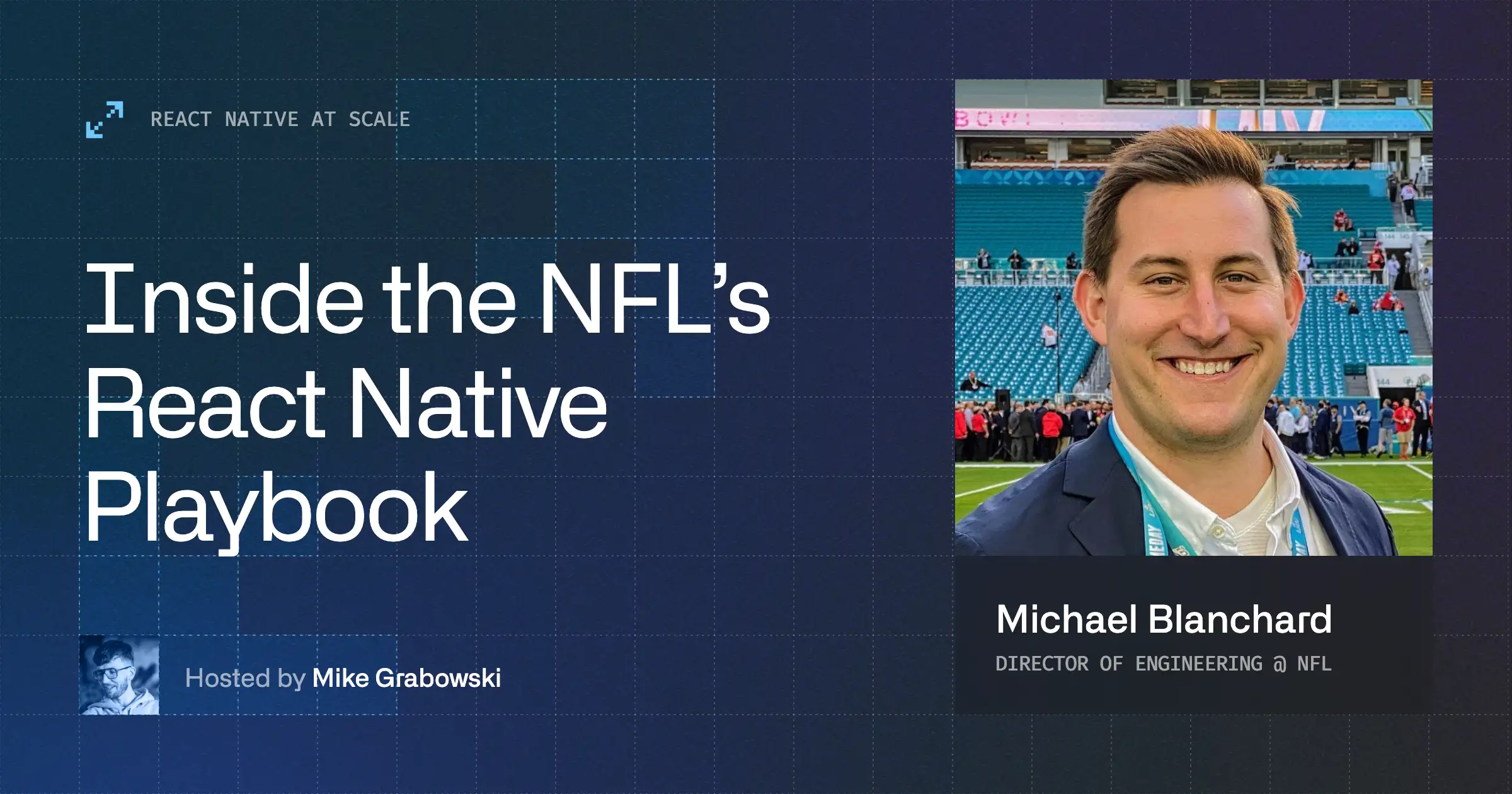When you build applications, do you ever consider users who may not have access to Google Mobile Services? They may not be your target audience now, but it’s good to be aware of what options you have in store for non-GMS devices—which is exactly what we’re talking about in this episode!
To do so, Łukasz invited two guests:
- Diego Zuluaga—Director of Technical Solution Architecture at Open Mobile Hub,
- Kuba Luberadzki—Product Owner at Callstack and a part of the team working on Open Mobile Hub’s maps, storage, and authentication modules.
Together, they discuss OMH’s mission to provide a vendor-independent framework for cross-platform app development. Tune in to learn about the purpose, architecture, and implementation details of Open Mobile Hub’s maps, authentication, and storage modules and how they can benefit your product and users.
Non-GMS topics we discuss in this episode
- Android Open Source Project (AOSP) and Google Mobile Services (GMS)
- Use cases for AOSP in non-GMS products
- Open Mobile Hub’s role and mission
- OMH’s way of work
- Challenges addressed by OMH’s modules
- Deep-dive into OMH’s modules: maps, authentication, storage
- Developer support and community involvement
Resources on OMH
//
Insights
Learn more about Cross-Platform
Here's everything we published recently on this topic.



